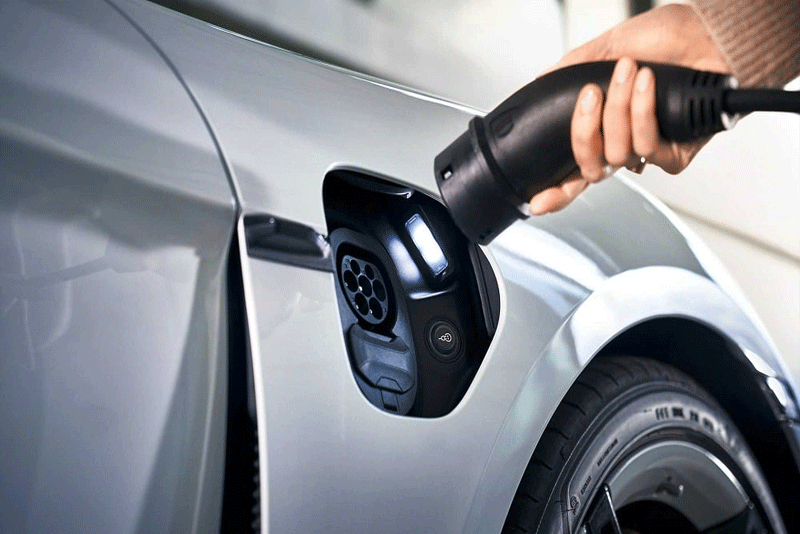PM Shehbaz Sharif Launches Pakistan’s First National Electric Vehicle Policy
August 27, 2025
Prime Minister Shehbaz Sharif has officially launched Pakistan’s first National Electric Vehicle (NEV) Policy 2025–30, calling it a major step in the country’s fight against climate change and a milestone in the government’s green transformation agenda.
Unveiling the policy at a ceremony in Islamabad, the prime minister highlighted Pakistan’s vulnerability to climate disasters, despite contributing less than 1% to global greenhouse gas emissions. He warned that the country could not bear the financial burden of climate recovery alone and called on the international community to provide greater support to climate-stressed nations.
“Our carbon footprint is negligible, but the cost we are paying in lives, livelihoods, and infrastructure is catastrophic,” Sharif said, referencing the 2022 floods that killed nearly 1,700 people and caused over USD $30 billion in damages, as well as this year’s monsoon devastation claiming more than 700 lives.
Key Features of the NEV Policy
The NEV Policy 2025–30 aims to make electric mobility accessible to the masses, including subsidies for electric motorcycles. The government also announced the distribution of 100,000 laptops to high-performing students, reserving 10% for students from Balochistan to ensure inclusion.
Sharif described the transition to electric vehicles as both a climate necessity and an economic opportunity, helping reduce reliance on costly fossil fuel imports while promoting green growth.
Economic and Job Opportunities
Special Assistant to the Prime Minister on Industries and Production, Haroon Akhtar Khan, said the electric vehicle push could create thousands of jobs, reduce petroleum consumption, and position Pakistan at the forefront of a “green industrial revolution.” Federal Minister for National Food Security, Rana Tanveer Hussain, called the launch a “historic moment,” noting that the framework aligns with international environmental standards.
The government is also expected to propose an increase in the Rs9 billion education support budget in the next fiscal year, with part of the funds allocated to skills development for a green economy.

